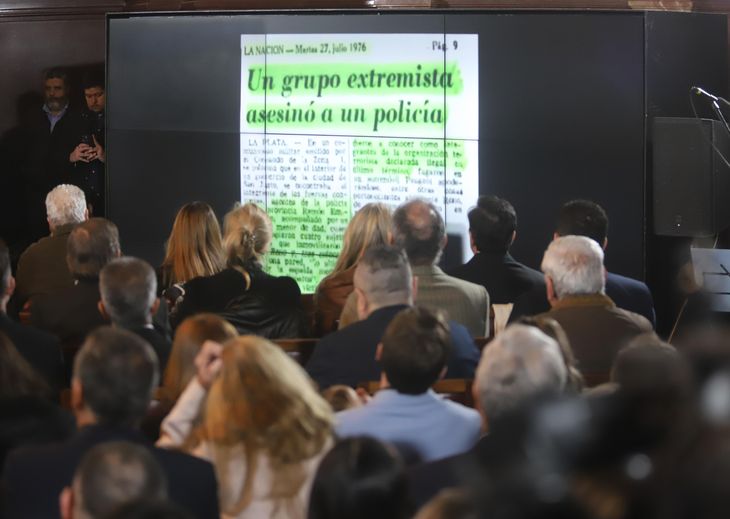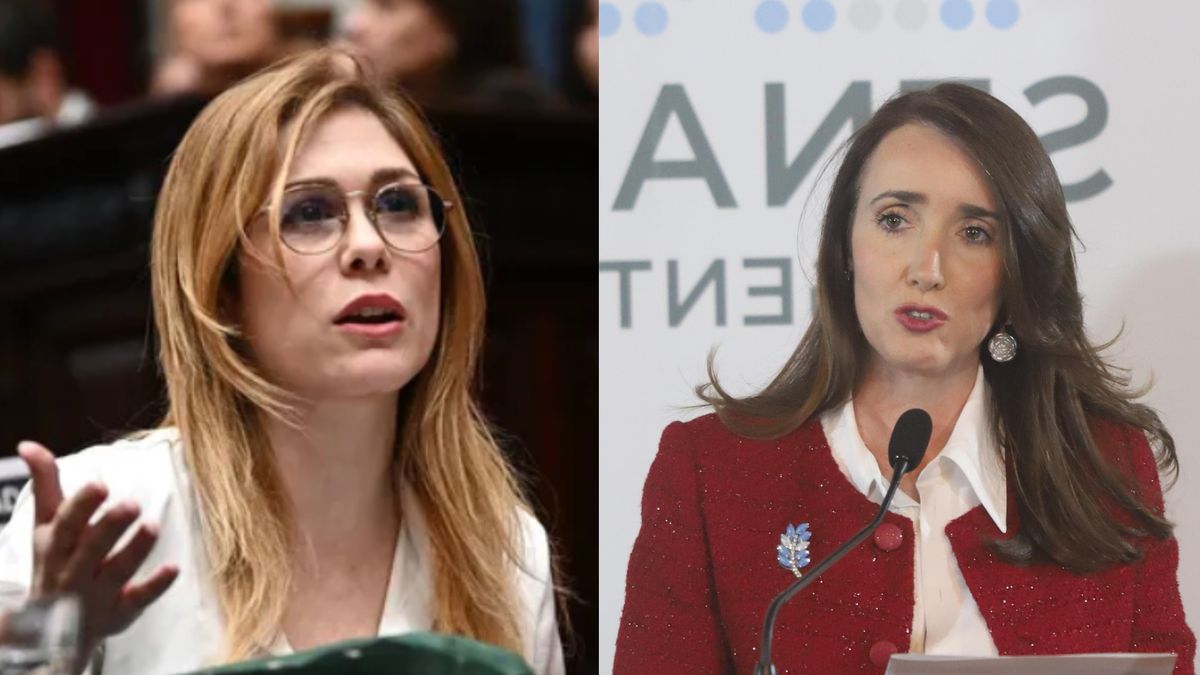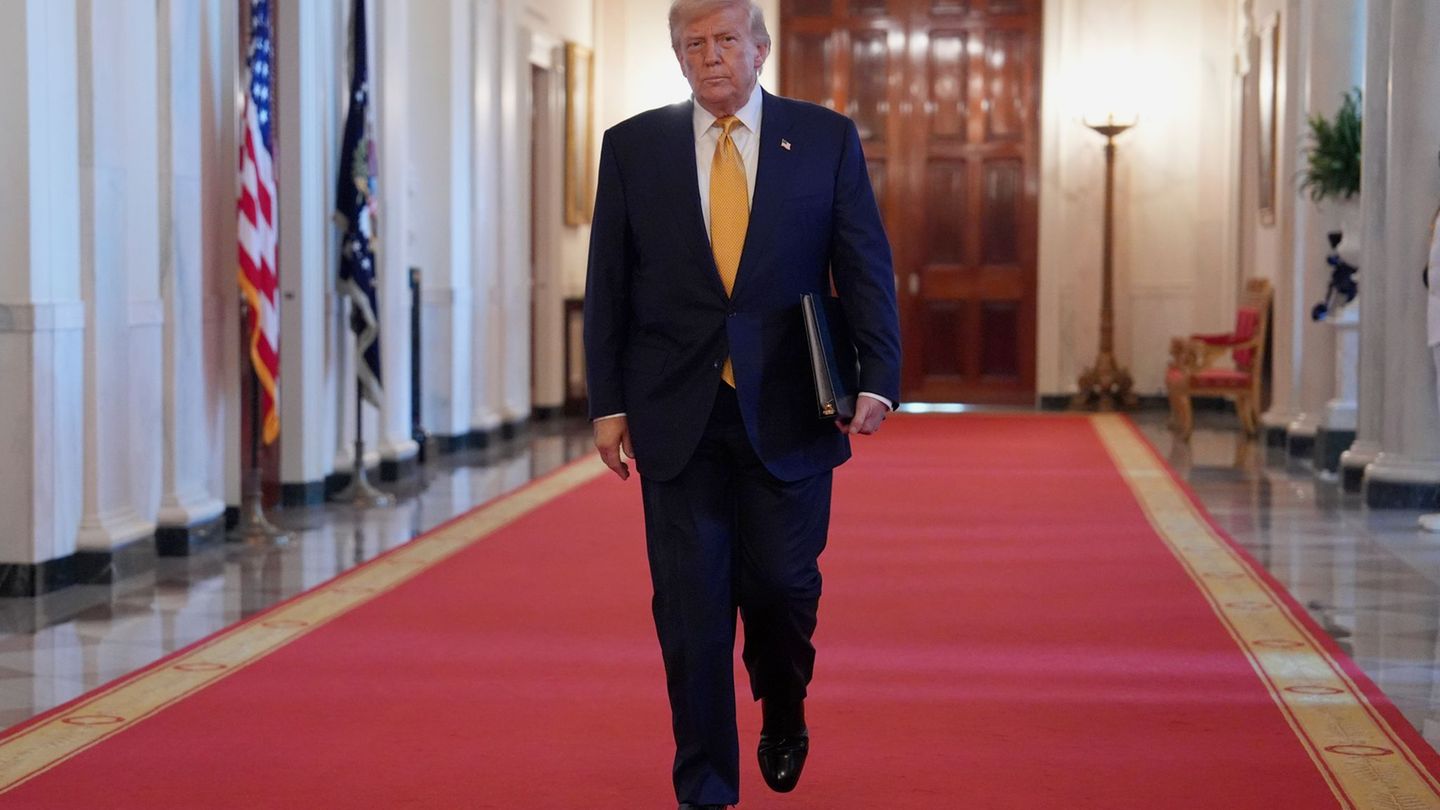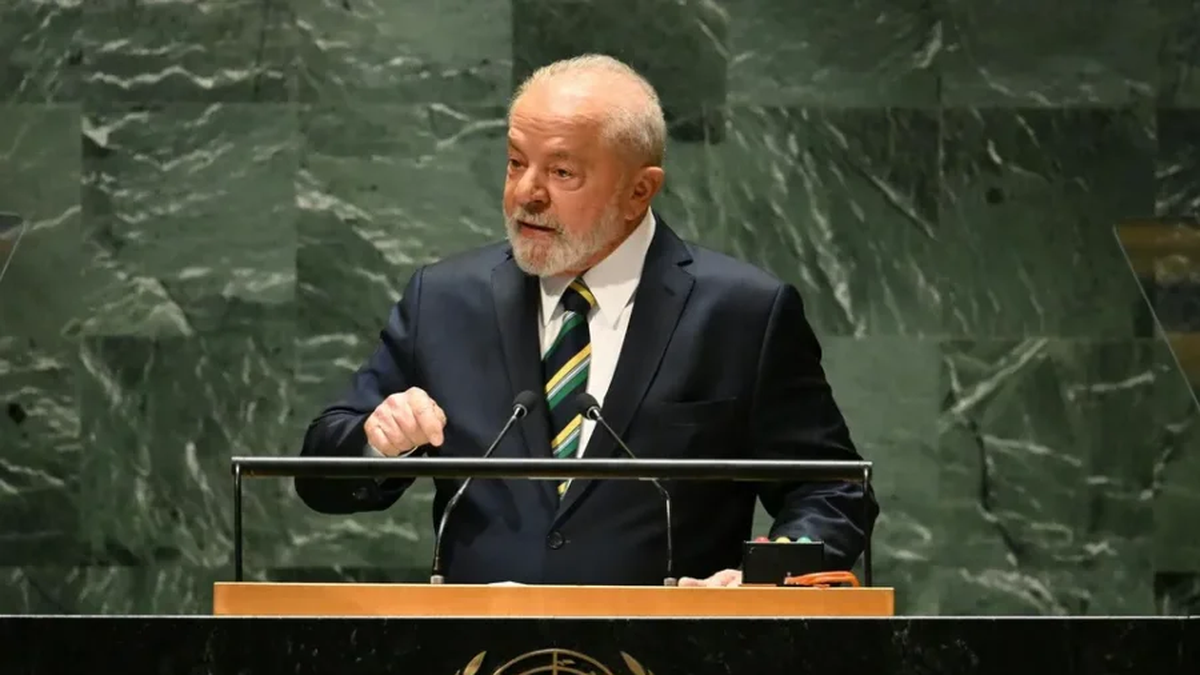LLA MP Lilia Lemoine accused the vice-president of “persecuting people in a democracy” and wanting to form a government within the government. “She has the vice-president syndrome,” she accused.
In a new episode of the internal affairs of Freedom Moves Forward (LLA)the deputy Lilia Lemoine accused the vice president Victoria Villarruel of “persecuting people in democracy” for saying that “he is going to put all the Montoneros in jail.” He did not stop there. Without filters, He asked if he would also imprison the Minister of Security, Patricia Bullrich, for her past in the Peronist guerrilla organization.
The content you want to access is exclusive for subscribers.
“Villarruel has the vice president syndrome. He is campaigning and saying terrible things. She is not defending the people who supported her and to cover it up she is holding an event saying that she is going to put all the Montoneros in jail, including Bullrich who is doing her job well?“Lemoine accused in radio statements.


Despite the continued denials from President Javier Milei and his deputy, those close to them are letting their mutual discontent and distrust be known off-screen. In this dispute, as in other internal discussions within LLA, Deputy Lemoine appears to be one of the spokespersons for the Executive.
In an interview on CNN Radio, Lemoine accused the vice president of wanting to set up “a government within a government.” Despite this, he later lowered his price. “It is not an institutional problem. If she leaves (Victoria Villarruel), she would be replaced by the next person. Libertarians do not come from politics and the normal behaviour is to pretend to be insane and carry on. We are human beings and if he is doing things that show that he is under the vice president’s curse, we must tell him,” said the libertarian deputy, ironically.
Villarruel – victims of terrorism.jpeg

The Government is distancing itself from the “revisionist” agenda of the 1970s of Vice President Victoria Villarruel.
Mariano Fuchila
Reopening of cases of “victims of terrorism”: the perspective of constitutionalists, the Rome Statute and the precedent of ETA
The promises that the Vice President Victoria Villarruel The Senate’s statement regarding the reopening of cases of “victims of terrorism” generated mixed reactions in different areas of the political spectrum. The debate now is regarding the feasibility of such reopening, and there are already mixed opinions among constitutionalists, while Villarruel’s orbit anticipates that they will try to have the cases treated under the Rome Statutewhich is protected by the International Criminal Court.
The controversies regarding crimes against civilians in the seventies, which seemed to have been settled but which the vice president is trying to dust off, were even another milestone in the tug of war between Villarruel and Javier Mileisince he disowned the initiative and reiterated that the issue is not part of his agenda. Same response he gave about the visit of deputies from Freedom Moves Forward (LLA) to those convicted of crimes against humanity in the Ezeiza prison, with a potential project that the libertarian troops would have carried under their arm to grant benefits to the repressors of the last dictatorship.
However, doubts remained after the presentation of Villarruel on how statute-barred cases committed by civilians would be reopened, since the courts had already indicated that they were not crimes against humanity. Even in July 2012, the Supreme Court of Justice of the Nation had already rejected by “inadmissible” an extraordinary appeal against a ruling that dismissed seven defendants due to prescription. And in 2023 the Federal Judge Maria Servini rejected a request made by associations defending repressors who sought to reopen a case for the events that occurred on July 2, 1976 at the Federal Security Superintendency.
Likewise, “the Senate in particular has no interference with any judicial body, that is, those who reopen or not cases are the judicial bodies,” he mentioned. Scope a judicial specialist who works for Comodoro Py, who added that the Upper House “does not have any type of mechanism or agency that promotes a complaint, that is, it has to be done by the National State as such.” “The National State has few avenues to initiate a complaint, as a decentralized body. And then it is the Public Prosecutor’s Office or the Public Prosecutor’s Office that can reopen or request the reopening of trials,” Indian.
Source: Ambito
I am an author and journalist who has worked in the entertainment industry for over a decade. I currently work as a news editor at a major news website, and my focus is on covering the latest trends in entertainment. I also write occasional pieces for other outlets, and have authored two books about the entertainment industry.




